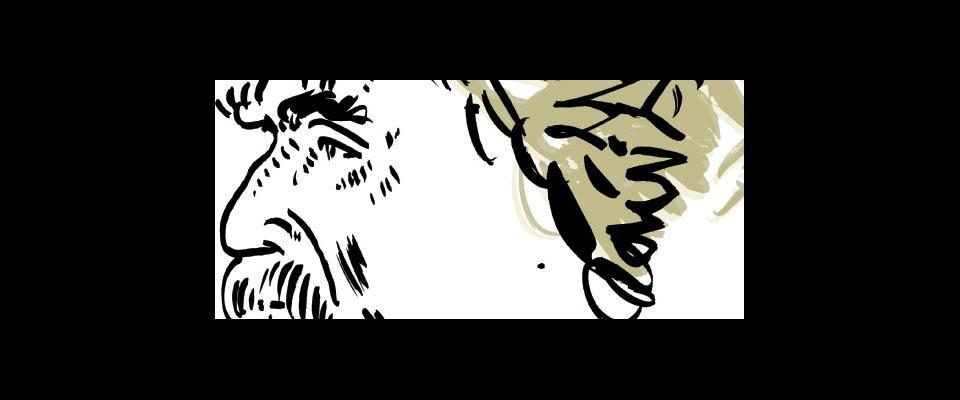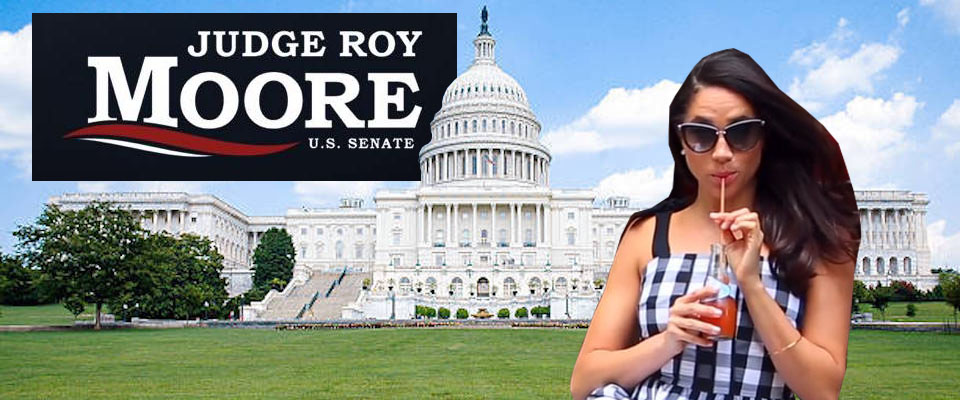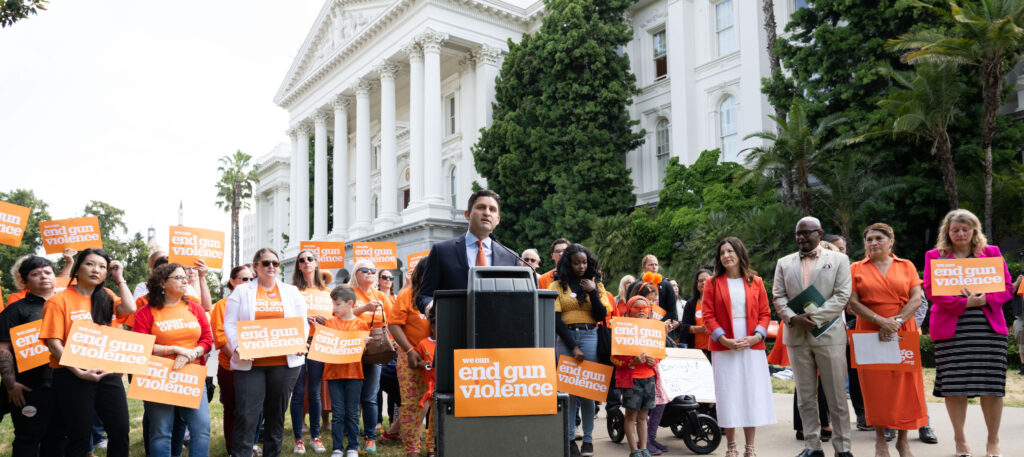In which the author recalls meetings with Edward, Prince of Wales and Ulysses S. Grant
Several weeks ago, in Chapter XLI, I spoke of how rare a thing a good memory for names and faces is. I wish to recall now, under that head, an incident or two.
About the middle of the last quarter of the last century I received a distressed letter from my London publisher, in which he said that the Internal Revenue Office had sent him a bill of ten pounds, a tax due upon my English copyrights. Mr. Chatto was a good deal troubled about this, and asked me what course he should pursue. He said that in all his experience the like of this case had not occurred before; that this was the first he had heard that a foreign copyright was taxable. I asked him to refrain from arguing the matter, pay the bill, charge it to me, then ask the Internal Revenue Office to tell us all about it. Chatto had said that there was no mention of a copyright tax in the English statutes, so I was full of an infantile curiosity to know under what title or designation my literature—and mine alone—had been found worthy of this high distinction.
Several weeks went by; then I received from that Internal Revenue Office a sheet of brown wrapping-paper the size of a quilt, and on it was pasted, or printed, some hundreds of numbered paragraphs in small type, each paragraph specifying by name a taxable article, and also specifying the tax that had been inflicted upon it. It took me a long time to read all the paragraphs, and when I got through it seemed to me that not one purchasable or sellable article in use in our modern civilization had escaped the sharp eye of the law maker. Every individual thing, great and small, from the brass pin to the ocean liner, had been searched out and required to contribute to the revenues of the State. No, there was one thing that had been overlooked, and apparently only one—copyright had not been mentioned.
I wrote the Internal Revenue and asked under what head my copyrights had been taxed, and he replied that they had been taxed by authority of Paragraph D, Section 14. I examined Paragraph D, Section 14, with an eager curiosity, and was grieved to find that the British Government had coldly singled me out from all the multitude of foreign authors and had levied upon my literature under the head of “Classified Products of Gas Factories.” I do not remember that those were the exact words, but I have correctly delivered the sense of them. I was regarded by those unfeeling people in the Revenue Office as a literary gas factory.
To amuse myself, I wrote a letter to Queen Victoria about this matter. It was a rambling, good-natured, leather-headed letter, such as a copiously ignorant person, reared in the backwoods of a democracy and innocent of the restrictions of high etiquette, might write, in a purely friendly way, to a crowned head. In it I stated the details of my grievance and suggested that my humiliating misfortune could not have happened if Her Majesty had been at home and attending to her manifold duties in her proverbially faithful way; and I think I implored her to take hold of my case personally, and require the Revenue Office to remove the attainder—if it was an attainder—and restore to me my abolished dignity. With the innocence of a person acquainted only with the unartful diplomacy of the farm and the corner grocery, I tried to get on the good side of Her Majesty with a few compliments. I said I had called upon her at Buckingham Palace once, and had been greatly disappointed in not finding her in, but would call again some day and hope for better fortune. I said I had never had the honor of personal acquaintanceship with any member of the Royal Family except the Lord Mayor, but that I had once had the pleasure of meeting the Prince of Wales. It was one day when I was coming down the Strand on the top of a ‘bus and he was coming up the Strand at the head of a temperance procession, and he would probably remember me because I had on my new frieze overcoat with brass buttons—and so on, a lot of other nonsense of this calibre. About this time Harpers applied to me for some nonsense, and I sent this screed and they published it in the Drawer, under the head of “An Open Letter to the Queen.”
However, I am getting too far along. There is another matter which perhaps I should have mentioned first. In the beginning of General Grant’s first term as President, I came East from the Pacific Coast to bring the manuscript of “The Innocents Abroad,” and in the course of business I went down to Washington. Near the White House, one morning, I encountered Senator Stewart of Nevada. He asked me if I would like to see the President. Naturally I said I would. General Grant was the tallest figure in Christendom, at that time, and I had never seen him. I supposed that Stewart merely meant to intrude me into the White House and furnish me a distant look at the President. That he would actually introduce me was a thing which could not occur to me, for I was a totally unknown and inconsequential wanderer from the distant Pacific; the President had never heard of me, and couldn’t by any possibility feel any interest in me. Stewart went blundering into the President’s private office, by authority of a rude privilege sacred to senators. There was no one there but the President. He was bent over his desk and was busily writing. He had on a long and much wrinkled and crumpled linen duster, whose tails he had liberally used as a pen-wiper—so liberally, indeed, that the multitude of black streaks suggested the flight of Saxon arrows at the battle of Senlac. With native American independence of the proprieties, Stewart marched me forward, stood over the President, and said—
“Mr. President, allow me to introduce to you Mr. Clemens.”
The President slowly raised his head, turned his face, and looked sternly up at me for as much as an hour and a half, without winking. I do not mean that it was really that long; I only mean that it seemed that long. When I had endured it as long as I could, and when it seemed to me that somebody must rupture that devastating silence or I should die, I said hesitatingly,
“Mr. President, I am embarrassed—are you?”
Then the faintest twinkle flickered in his eye for just a single moment—and I and it vanished so nearly together that nobody could have told which of us got off the premises first.
Years afterward I had a telegraphic call to go out to Chicago and attend a great Grant banquet and respond to the toast of “The Babies.” General Grant was arriving from the Pacific, after his memorable circumnavigation of the globe, and he was to be entertained in proper state and splendor, during three days, by the Army of the Tennessee, which was the first army he had ever commanded. In an earlier chapter I have already told how Chicago was packed and jammed with people during those three days. I arrived in the evening. There was to be a grand procession the next morning. At ten o’clock on the said morning I crowded my way through the packed halls and corridors of the hotel, and presently arrived at a place on the second floor where a spacious platform had been built out and decorated with flags. It seemed to me that that would be a good vantage ground from which to view the procession. It was empty; it looked inviting, and I walked out on it. As far away as I could see, in every direction, the sidewalks, the windows and the roofs were black and parti-colored with masses of human beings of the two sexes. That platform had been built for General Grant; those people knew it, and when I stepped out there they took me for him, and in my life I have never had so enthusiastic a welcome as that one, nor one which made me prouder, or gave me more delight. The music of a distant band came floating down on the air and I looked up the street and saw the procession coming. Lieutenant-General Phil Sheridan, in full uniform, was riding at the head of it, and a vast wave of welcome and applause moved with him and marked his progress, step by step, as he came. When he had arrived within fifty or a hundred yards of my platform the Mayor of Chicago, linked arm in arm with General Grant, marched out upon the platform, followed by many generals in uniform, and by the Reception Committee, gay and fine in the fluttering badges of their office. The Mayor saw me there, and it turned out that his notions of etiquette were no better than those betrayed by Senator Stewart on the only other time that I had seen the hero of our great war, for instead of taking me to General Grant, he brought General Grant to me, and said:
“General, allow me to introduce to you Mr. Clemens.”
General Grant fixed that same stern look upon my face which had congealed the blood in it in a bygone day; he allowed it to do its crumbling and disintegrating work upon me for an hour and a half—then he said,
“Mr. Clemens, I am not embarrassed—are you?”
However, I have wandered far from my other incident; I must get back to it. In 1891 or ’92 we were spending the summer at Nauheim, in Germany, and one day Twichell and I mounted the tally-ho coach and went over to Homburg to watch the crowd of invalids take the waters at the springs. There I ran across the British Ambassador to the court of Berlin, whom I knew very well, and he asked me if I would like to meet the Prince of Wales. There could be but one answer. He said the Prince was around somewhere, and he would go and find him. He ought to have taken me with him, but not even ambassadors know as much about etiquette as I do. He disappeared among the shrubbery, and presently appeared again escorting the present King of England. He introduced me to him and I said the proper thing, for I have been carefully trained, and I always know what the proper thing to say is.
I said “I am very glad to know your Royal Highness.”
He said, “Mr. Clemens, I am very glad to meet you—again.”
The word gave me a little start. It saddened me, too, for it seemed plain that he was mistaking me for some other random commoner. I said, “Why, have you met me before, sir?”
He smiled a very pleasant smile and said, “Why yes, don’t you remember the time when you were coming down the Strand on top of the ‘bus and I was coming up the Strand at the head of a temperance procession, and you had on your new frieze overcoat with the brass buttons?”
As I have already said, the ability to remember names and faces is a most rare one—and I think that the two illustrations of it which I have placed before the reader are especially and particularly extraordinary. And I think that the case of the King is still more extraordinary than that of General Grant, for the King remembered my face although he had never really seen it before at all.
When the people drink the Homburg waters the regulations framed by the doctors require them to walk a mile in order to enlarge the effects. The Prince started on his mile and invited me to accompany him. I have had much social commerce with royalties in my time, and I have always found them quite human and pleasant and unpretentious. The Prince of Wales was rather especially so. His talk was easy, and happy, and flowing, and it was traversed by a spontaneous and delicate vein of humor that gave it a charm not to be overlooked or underestimated by the professional humorist. He was perfectly natural and human; and if he was at any time embarrassed by my presence I was not able to discover it. I could easily have been embarrassed by his, but, by grace of his courtesy, I was not.
I wonder if he has ever read W. W. Jacobs’s “Dialstone Lane.” I hope so. It is a book which all monarchs gifted with an appreciation of light and delicate and bubbling and inexhaustible humor ought to read, and thereby relieve for a time the weight of the burdens they bear. I think it is the one purely humorous story in our language that hasn’t a defect.




















